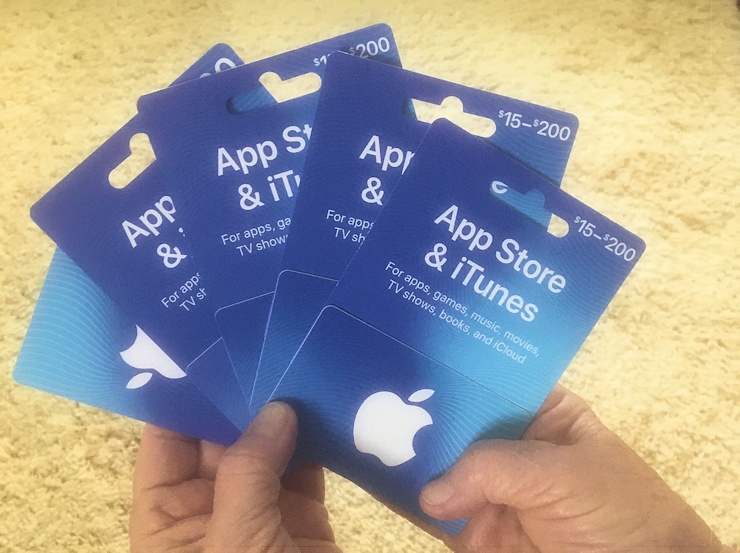
An email scam that swept through the FHA Board last year is back creeping around Southern Marin—in a slightly different form, but just as nasty.
Last year several Board members got emails supposedly from President Michael Labate asking them to help out by purchasing gift cards. One alternate rep complied, and had a difficult time undoing her purchase.
Last week my wife Jane got an email from her hairdresser—someone she’s known for 20 years—asking for a favor. Seems she’d forgotten her niece’s birthday and wondered if Jane wouldn’t mind purchasing five $100 iTunes gift cards, since she didn’t have time to do it herself. Based on the trust built up over two decades, Jane agreed.
A few days later, I got an email from a colleague at the Sausalito Historical Society asking for a similar kind of favor. Suddenly I realized that last year’s scam had returned, and my wife had been victimized by it. Hackers had gotten into someone’s address book, and sent these emails to their contacts, so they looked like personal communications. And that’s just the beginning of the plot.
If we’ve been targeted, you may be as well, so here’s the skinny on this scam. You might get a phone call or email from your boss, your minister or pastor, the principal of your school or other trusted contact asking you to make payments for things such as taxes, hospital bills, bail money, debt collection, and utility bills. The scams are committed using many methods, including gift cards.
Regardless of the reason for payment, the scam follows a certain formula: The victim receives a call instilling panic and urgency to make a payment by purchasing gift cards from the nearest retailer. After the cards have been purchased, the victim is asked to pay by sharing the codes on the back of the cards with the sender.
So, if you get a call or email like this, DO NOT REPLY to it. Instead, call the suspected sender to confirm whether the request is legitimate or not.
If you happen to purchase a gift cards, never provide the numbers on the back to someone you do not know. Once those numbers are provided to the scammers, the funds on the card will likely be spent before you are able to stop it.
Immediately report potential scams to your local police department as well as the FTC.
Getting a refund on your purchase might be another matter. Retailers like CVS consider these purchases non-refundable, but there is a customer support number on the back of the gift card you can call to report fraud. And, if you paid with a credit card, you may be able to appeal to the card company’s fraud department.